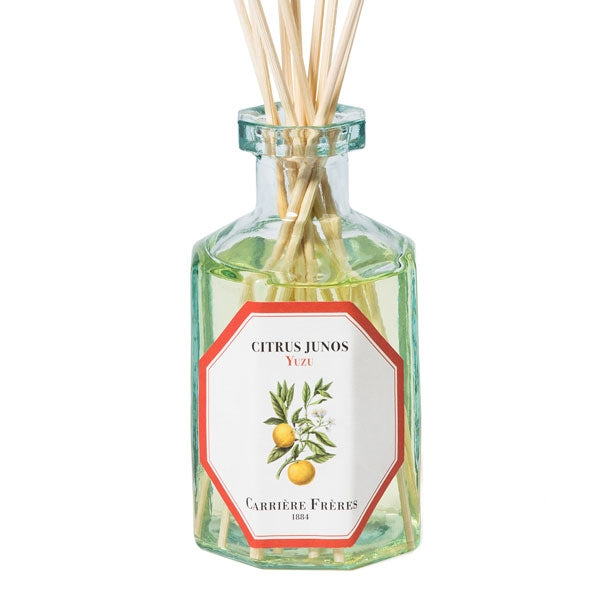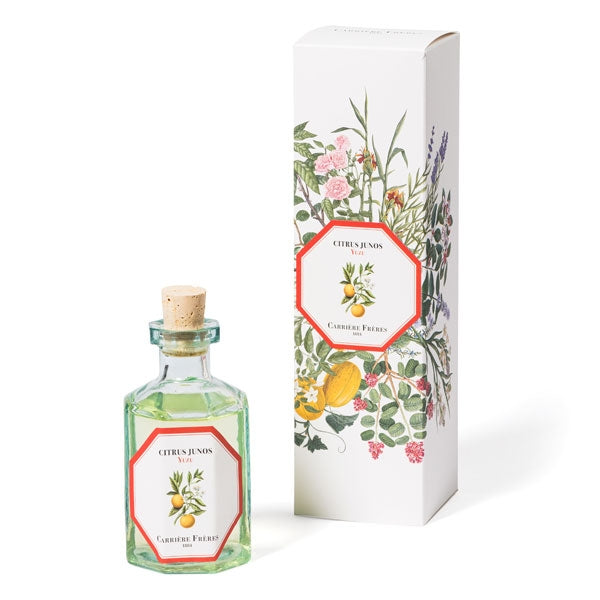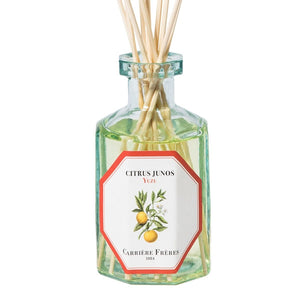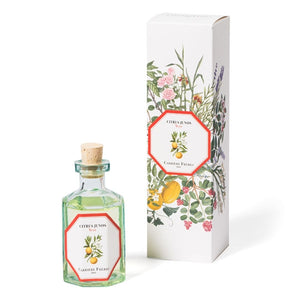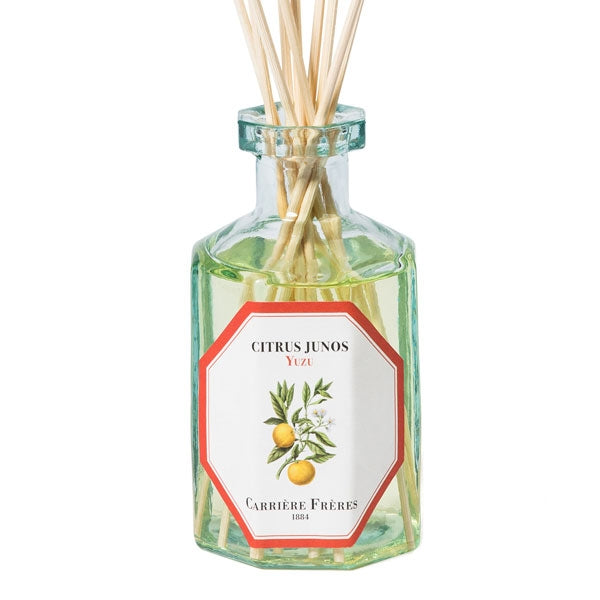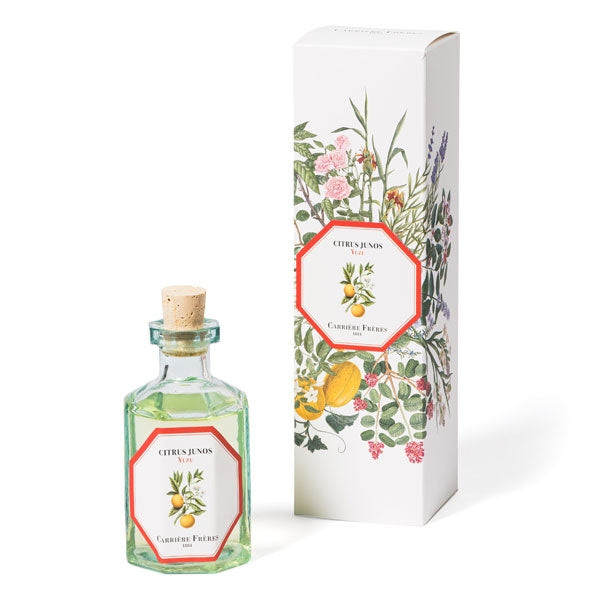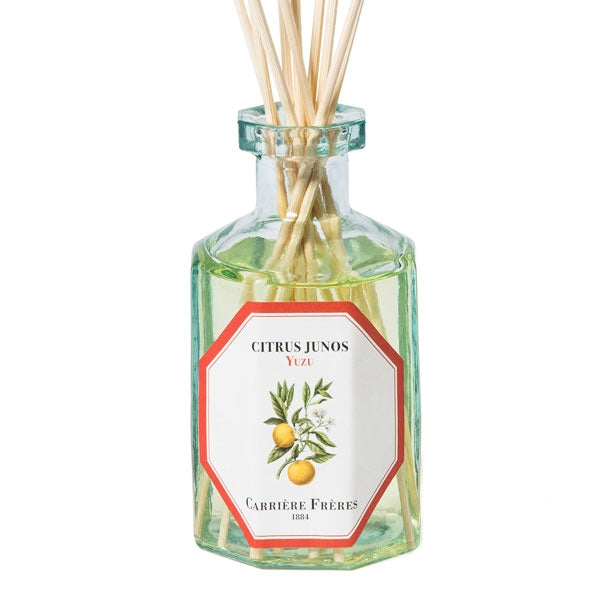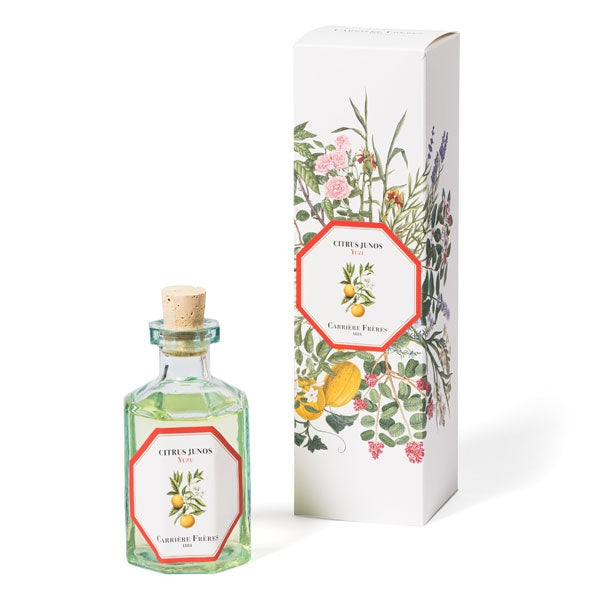Yuzu (Citrus × junos) is a citrus fruit that grows on a shrub or low tree belonging to the rue family. Often referred to as the ‘Japanese lemon’, yuzu is a natural cross between the Icheng lemon and the mandarin orange, which is native to China. It combines the sophistication of Japan, the exoticism of China and the beauty of Korea in its own unique way.
Yuzu is cultivated in both Japan and Korea and is revered as an important ingredient in Oriental culture: its peel and juice are prized by chefs in the culinary arts. Its taste is reminiscent of lemon and is a blend of lime, yellow mandarin and orange.
Yuzu is more complex than a lemon note, more distinctive than an orange and, above all, more exotic than a tonic. Its fragrance is reminiscent of summer freshness and sun-kissed juice, with a tangy scent and piquant green accents. This invigorating and fresh citrus note is enveloped by subtle tea aromas, a refined hint of white petals and a light veil of musk.
Between exoticism and freshness
This citrus fruit, which is harvested in December in Japan but originally comes from China, is deeply rooted in Asian culture through the Toji tradition, which consists of immersing oneself in a hot bath with yuzu floating in it during the winter solstice.
It is mainly grown on the island of Shikoku in Japan. Yuzu has numerous benefits and is highly prized in haute cuisine. With its subtle, fruity and tangy taste, it is a novelty in Europe. Yuzu is harvested by hand at the end of the year and reflects the expertise of ancient Asian methods.
A tangy invitation
This fresh and fruity citrus fruit can be enjoyed in a candle and diffuser with subtle tea scents, surrounded by a note of white petals and a light veil of musk. This stimulating fragrance offers much more than just a hint of lemon – yuzu refreshes and adds a touch of exoticism.
100% natural alcohol from French sugar beet.
Duration: 8–12 weeks

